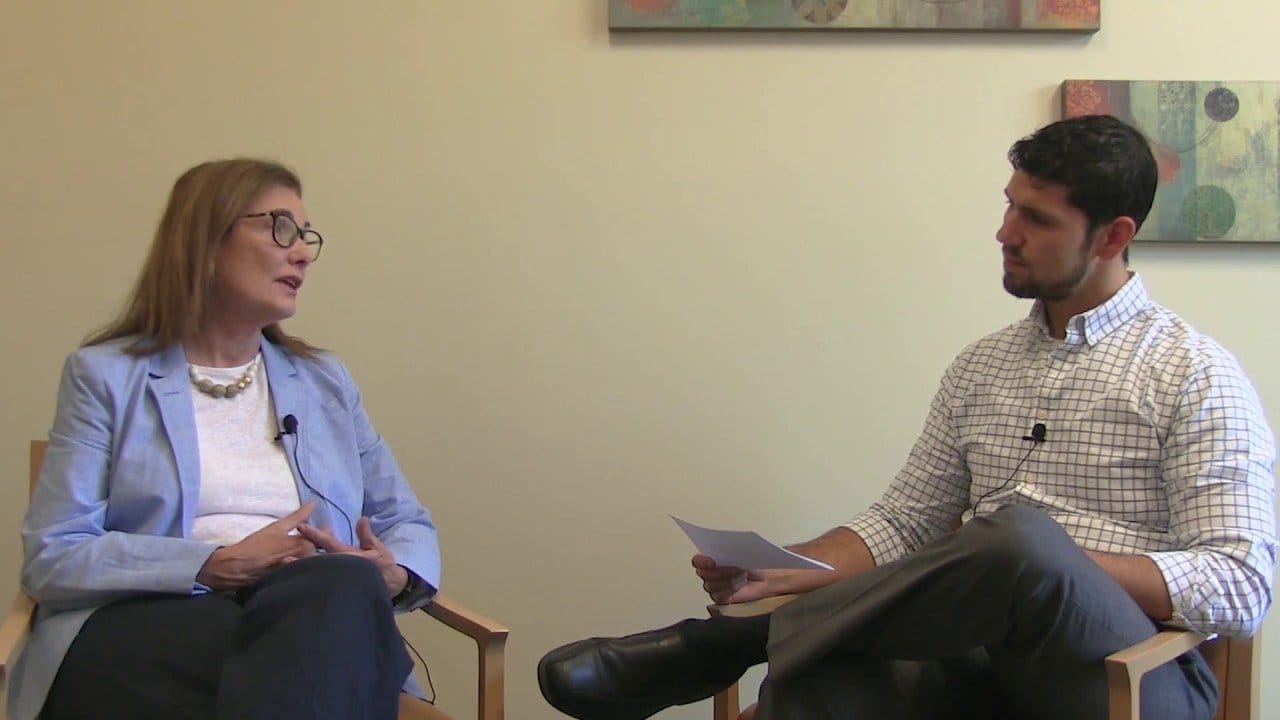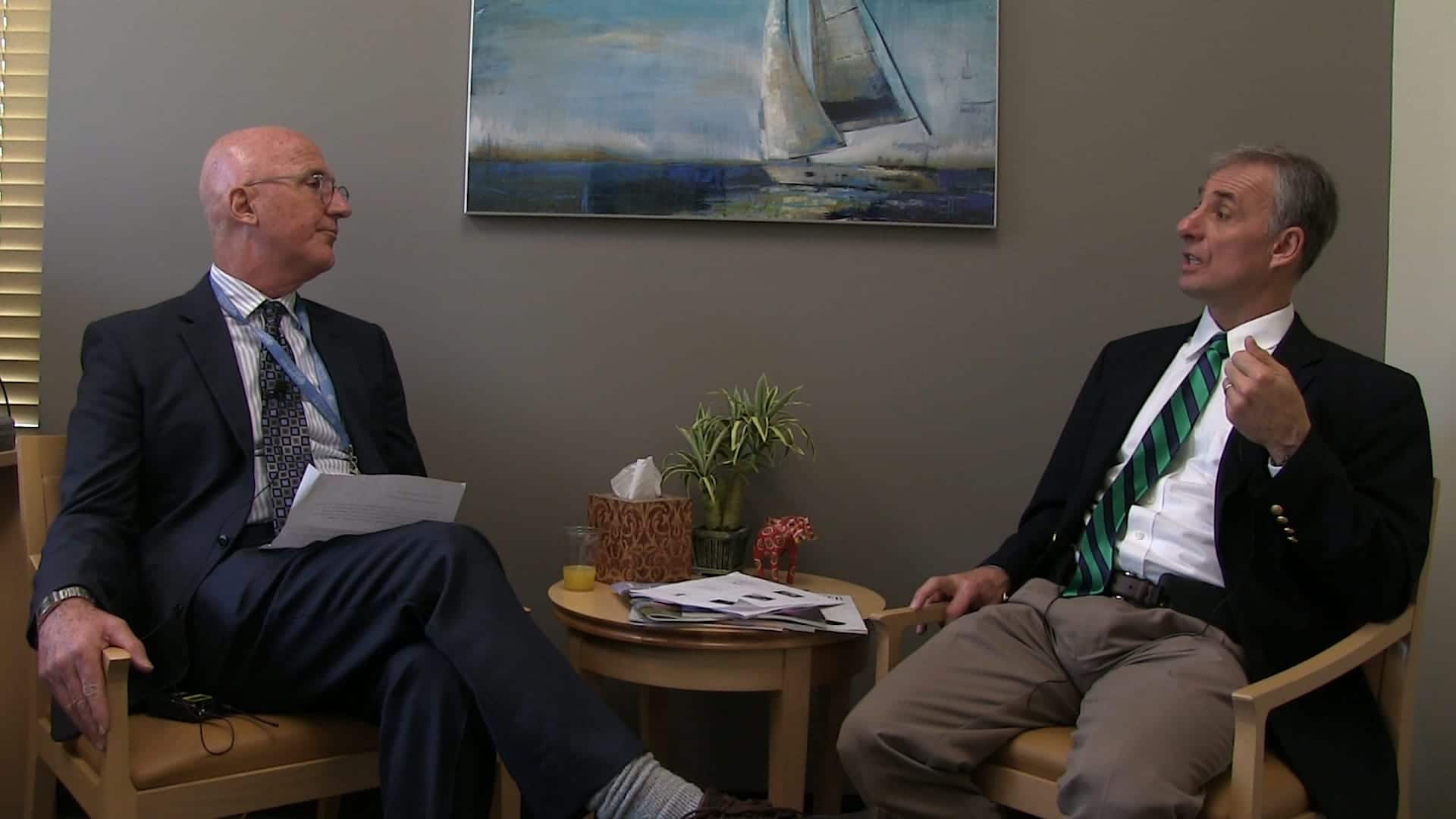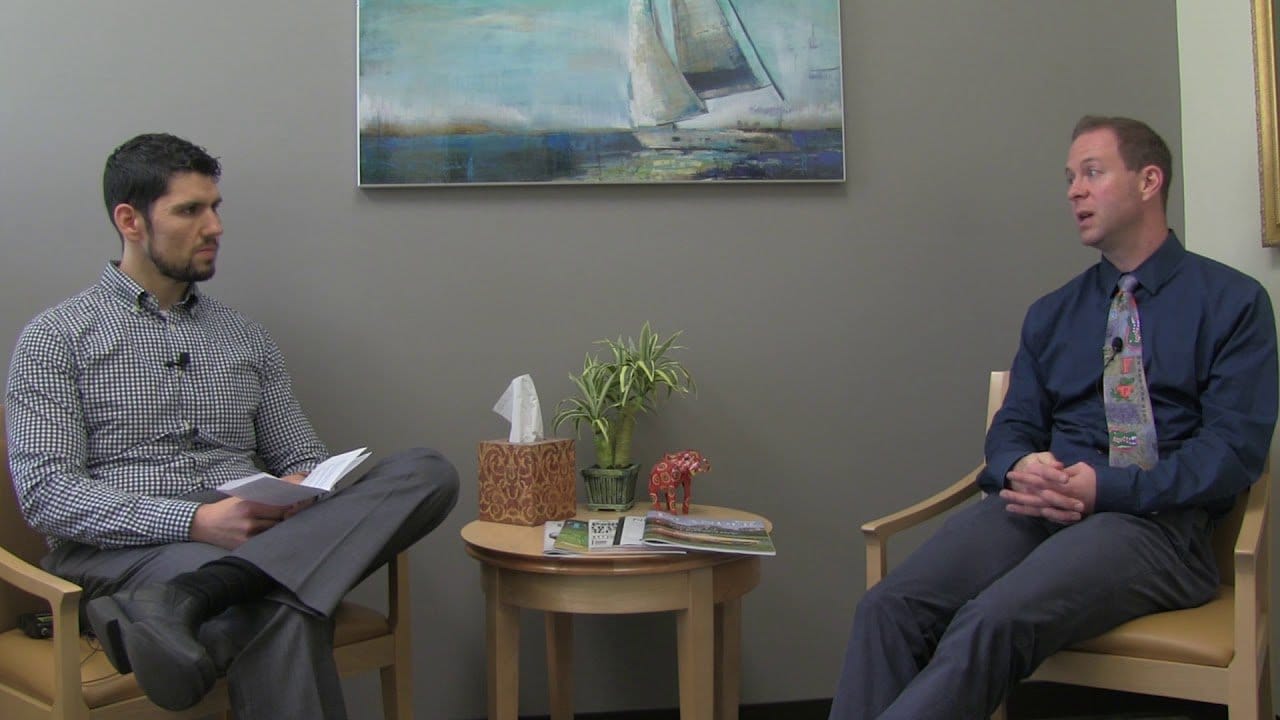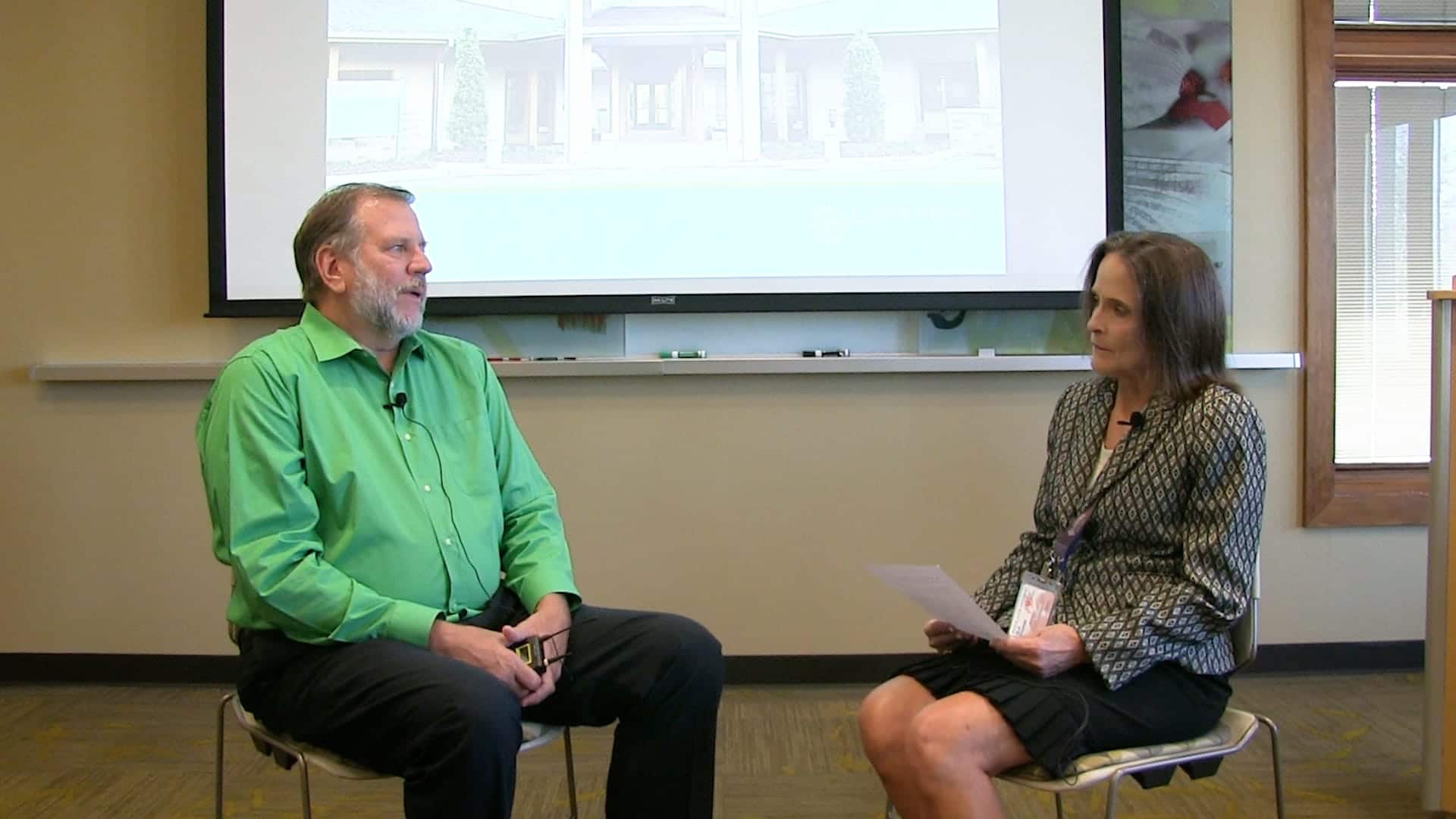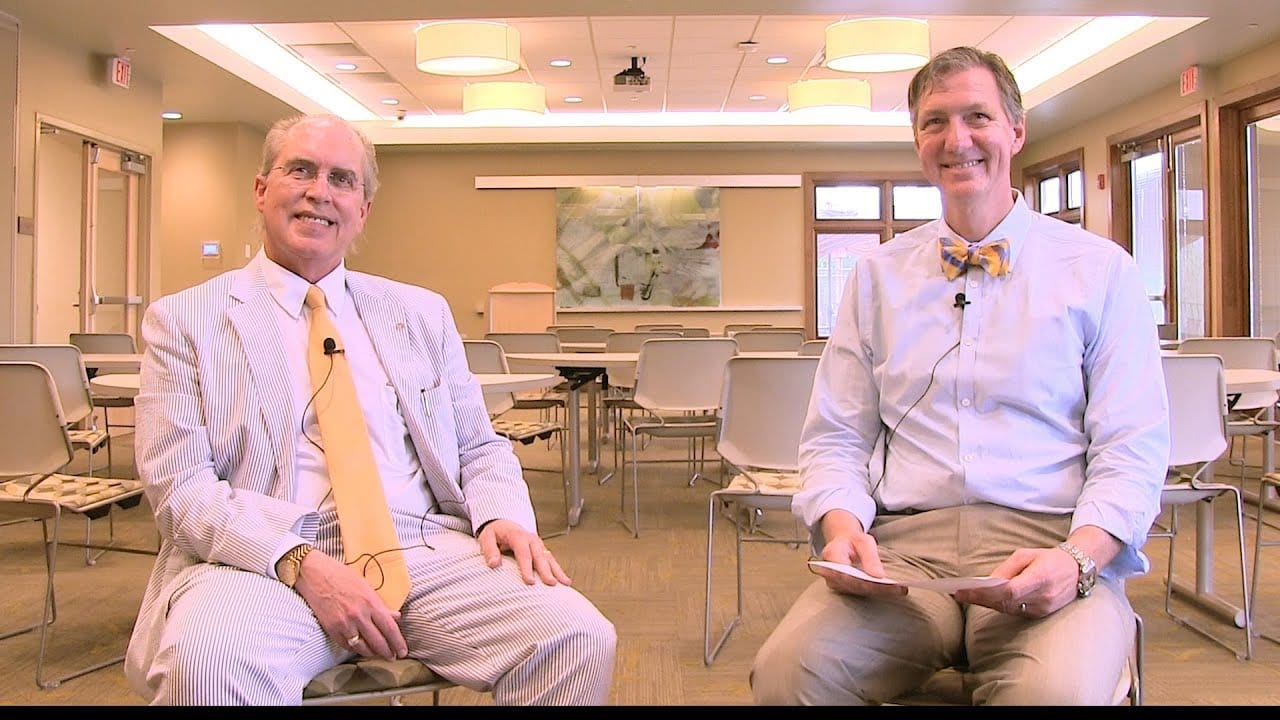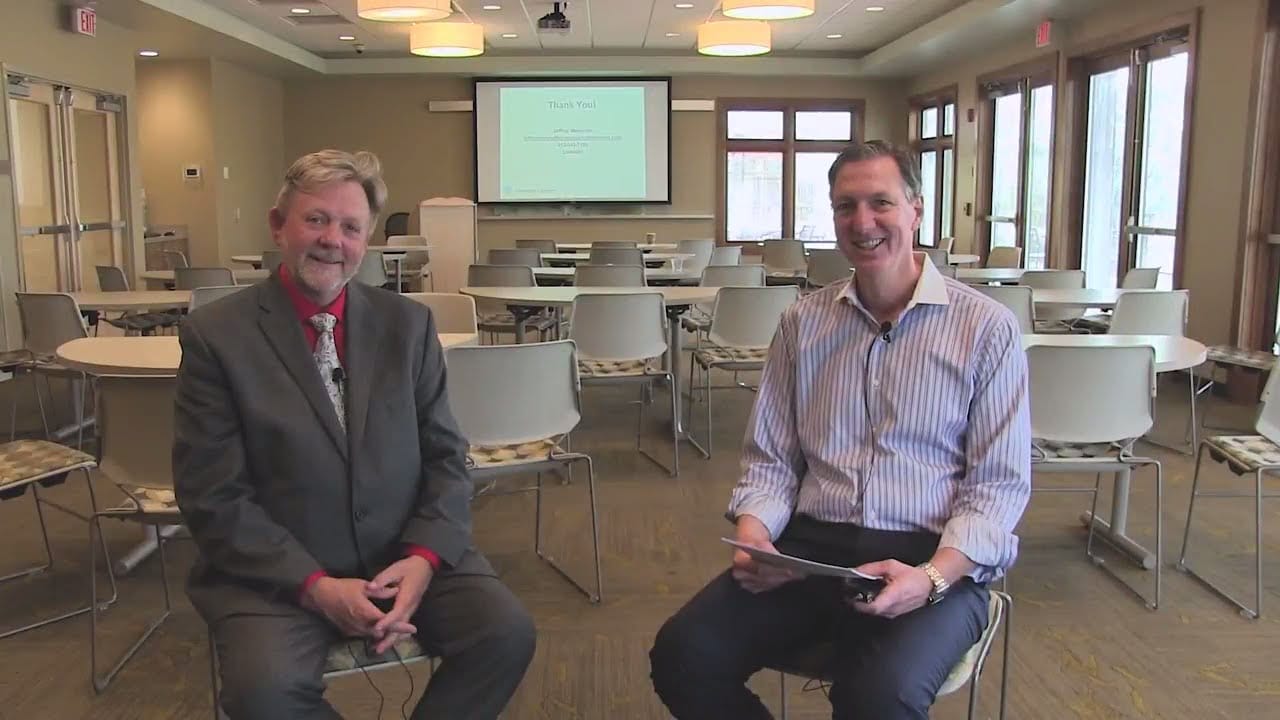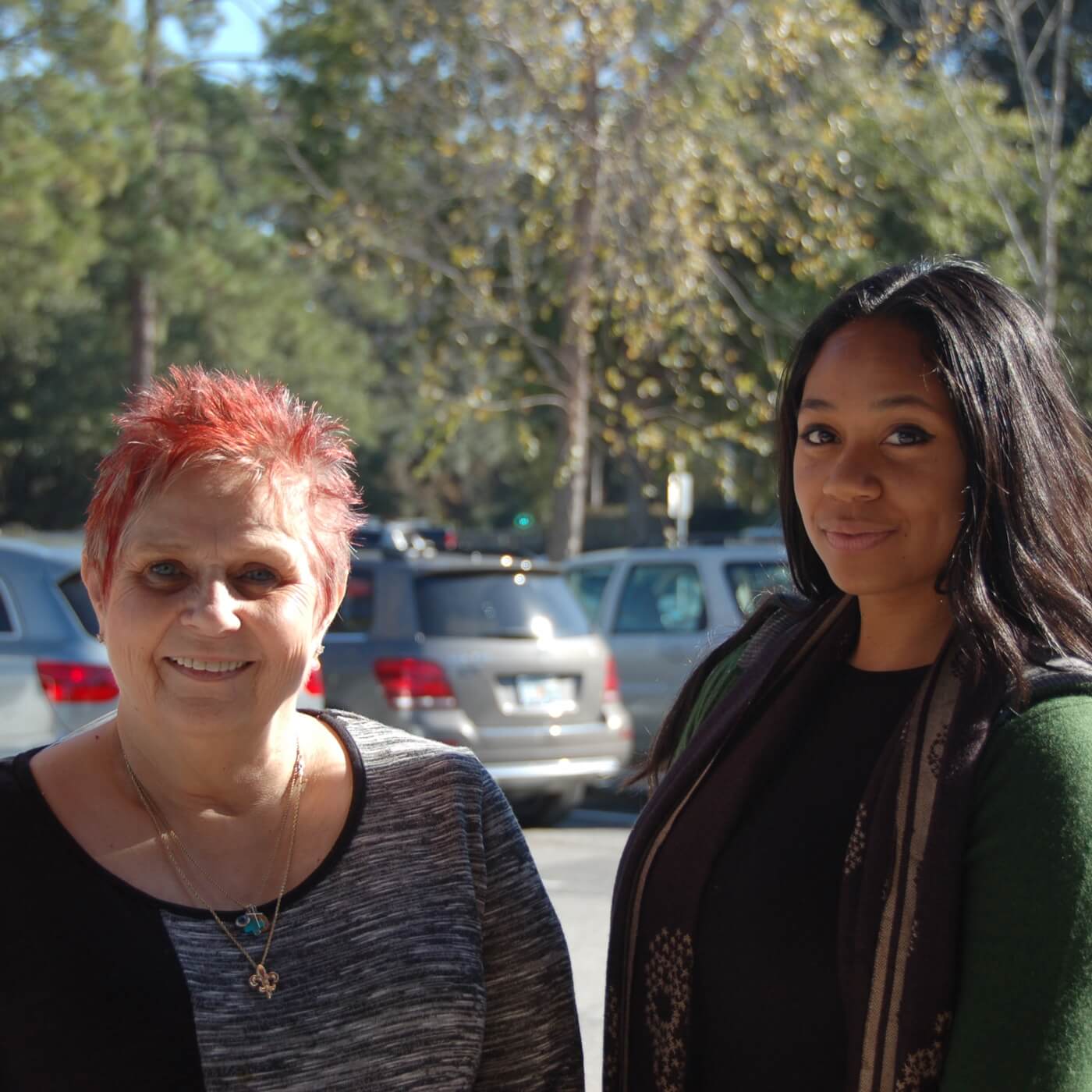

By: Lakeview Health
In this podcast, Gina is joined by Sandra MacNamara and Madison Jennings of Connections in Recovery. They discuss their program and how they help people seeking treatment find the perfect fit for their needs.
Podcast Transcript
Gina Thorne: Hi everyone, this is Gina Thorne and thank you for joining us with the Lakeview Podcast Series. I’m excited today that we’re joined with Sandra MacNamara, or Sandy, and Madison Jennings, with Connections in Recovery. Welcome! Madison Jennings: Hi, thank you for having us! Gina: I’m real excited to hear more about your program and the work that you all do. I’m going to look at you first, Sandy, and ask you to tell us a little about your background. I know that you’re an interventionist and you’ve done some work in residential treatment as well, so tell us a little bit about your background in working with addiction. Sandy MacNamara: I have had an over 20-year career as a counselor working in the field of treatment. I’ve worked in all aspects from homeless, indigent clients, inmates, to very nice, very upscale treatment centers. I am personally in recovery. I’ve been in recovery for 25 years and that’s what brought me to this field. There was this little idea that I had, that maybe if I worked in this business, I might be able to stay sober. Of course it has changed drastically since that initial thought, but I’m so passionate about what I do and that’s helping people. I’m excited about being a part of Connections in Recovery and I’ve moved from behind the desk to the other side of the desk and it has been a really awesome experience for me. Gina: That’s great. And I know that obviously being in recovery and sharing your strength, hope, and experience with those families that are in crisis makes all the difference. They need to be able to really speak to someone that understands and that’s probably a huge benefit for you being in your roll. Sandy: It is. And I am in Texas and we are now developing Connections in Recovery in Texas. Madison is going to talk some more about our other offices but right now, I started in July, and we started developing in Texas, and we are going full speed ahead and we’re really excited about what we are doing. Gina: Fantastic! So you mentioned a little bit about the fact that you have satellite sites. I know that Connections in Recovery originated in L.A., Madison? Madison: Yes, our largest office is based in L.A. so we are in sunny California and then we have a large team in New York as well, and as you know Sandy said we are up-and-coming rapidly in Texas, but we are nationwide and we are international. So you name a place and we have probably put someone there or picked someone up from there or sent someone there, so we are all over. I’m excited to be here today as well. So what I do as Director of Operations, I can tell you a little about what we do as a firm and what our program is actually geared towards. We’re not a treatment facility; we are actually an addiction and mental health consulting company that also provides supportive services. So our main supportive services include interventions, case management, sober companions, and also consultations. So what we try to do with clinicians and with treatment facilities or whomever we are working with is add a layer of value to the supportive services that may be outside of their scope. So whatever that looks like, we can come in and collaborate, and like I said, add value as part of the treatment team. Gina: And it seems like with the industry being the way that it is, there needs to be more of that kind of discussion happening because treatment used to be episodic. You send people to treatment for 30 days and you wish them the best of luck and you hope they stay sober, but what you all are suggesting is that you’re adding that safety net for folks and help them with their long-term sobriety. Madison: Yes, 100%. And what that may look like for one person or one family can be different for another, so we are always, always, always working with people who truly believe in the business that they’re doing and we believe in doing good business. In fact, our motto is integrity, family advocates, and no referral fees accepted. So we don’t take any referral fees, we have no contracts, we don’t do kickbacks; we really are the advocate for the family. Gina: Well that makes us very happy to hear that. So Sandy, you’re an interventionist also but I guess we’re going to speak globally about some of the challenges that you’re seeing as far as getting individuals to treatment? Sandy: Working with families is fulfilling but it’s also very difficult. And what happens is a family comes to me and says, “So-and-so has a problem and we want to fix that.” And when you get into working with the family, the whole family has problems and it’s so difficult to get them to understand. “Well no, I’m not an alcoholic. I might have a glass of wine with dinner, but I don’t have a problem.” So then you have the designated addict who is bad, bad, bad, wrong, wrong, wrong, and if they would get well, everything would be beautiful. So my biggest challenge is to convince the family that they need help as well and try to connect them with resources for co-dependency and then you meet that wall of resistance; “Well, I’m not the one with the problem. Why do I have to do this? I’ve already done everything for so-and-so.” So meeting that challenge is delicate work. It’s almost like you have to tiptoe through it. Gina: So what would you say to the family member that is listening today, and knowing that can be a barrier, what would be your message to that family member? Sandy: My message to them is to go to an Al-Anon meeting, just sit in the back and listen… Gina: And don’t worry because it’s not whining… Sandy: And if you hear someone that you relate to, talk to them and educate yourself. Find out about addiction. Go online; there are some great sites that’ll tell you about the disease of addiction. No, it’s not a moral issue. In this day and age we still have people who think addiction is a moral issue. You’re a bad character, and to tell them to do research on chemical dependency in the brain. Just the very basics to get them to asking questions that can lead to directing them to get help. Gina: Right. Well that’s a good piece of advice and hopefully those that are listening today will make that call for help. So this is your first time, for both of you, being at Lakeview. Is this your first time in Jacksonville? Madison: It is! It is my first time to Jacksonville so I’ve been pleasantly surprised. Gina: Yeah it gets a little chilly up here sometimes. What are your impressions of Lakeview so far? Madison: I have to tell you, Gina, I am really impressed with the progressive changes that are being made here. We actually had our Atlanta outreach out here about two years ago when it was a completely different facility and a completely different program. And touring today and really seeing things in motion and being able to talk to the staff and the clinicians really shows me that things are changing up here and for the better. So I actually have a great feeling and a great understanding for the philosophy behind the program and what you guys are really setting out to do. Gina: Well we appreciate that and we’re really excited about working with Connections in Recovery as a strategic partner and we’re glad that you both got a chance to visit with us today. So my question also is we’ve got folks that are listening that need access to services, and if they wanted to reach out to you to get services, how would they do that? Madison: So we are known for our rapid response so anybody calling from anywhere, nationwide or international, can call our 888 number. All calls are confidential and all calls that are received are usually returned, at maximum, within 24 hours. Most times they’ll be returned probably in the same hour that they’ve called because we really believe in doing good work. So anyone can call in, like I said, confidential, 888-617-1050 and they can also visit the website and our number is listed there as well, which is ConnectionsInRecovery.com but best thing to do of course is call the 888 number and we will respond and get you to where you need to be. Gina: Wonderful. Well thank you, both of you, for taking the time to visit with us in Jacksonville. Madison: Thank you for having us! Sandy: Thank you for inviting us! Gina: And for those of you that are listening and would like more information about Lakeview, we invite you to visit us at lakeviewhealth.multiplica.dev or you can call us at [Direct].
